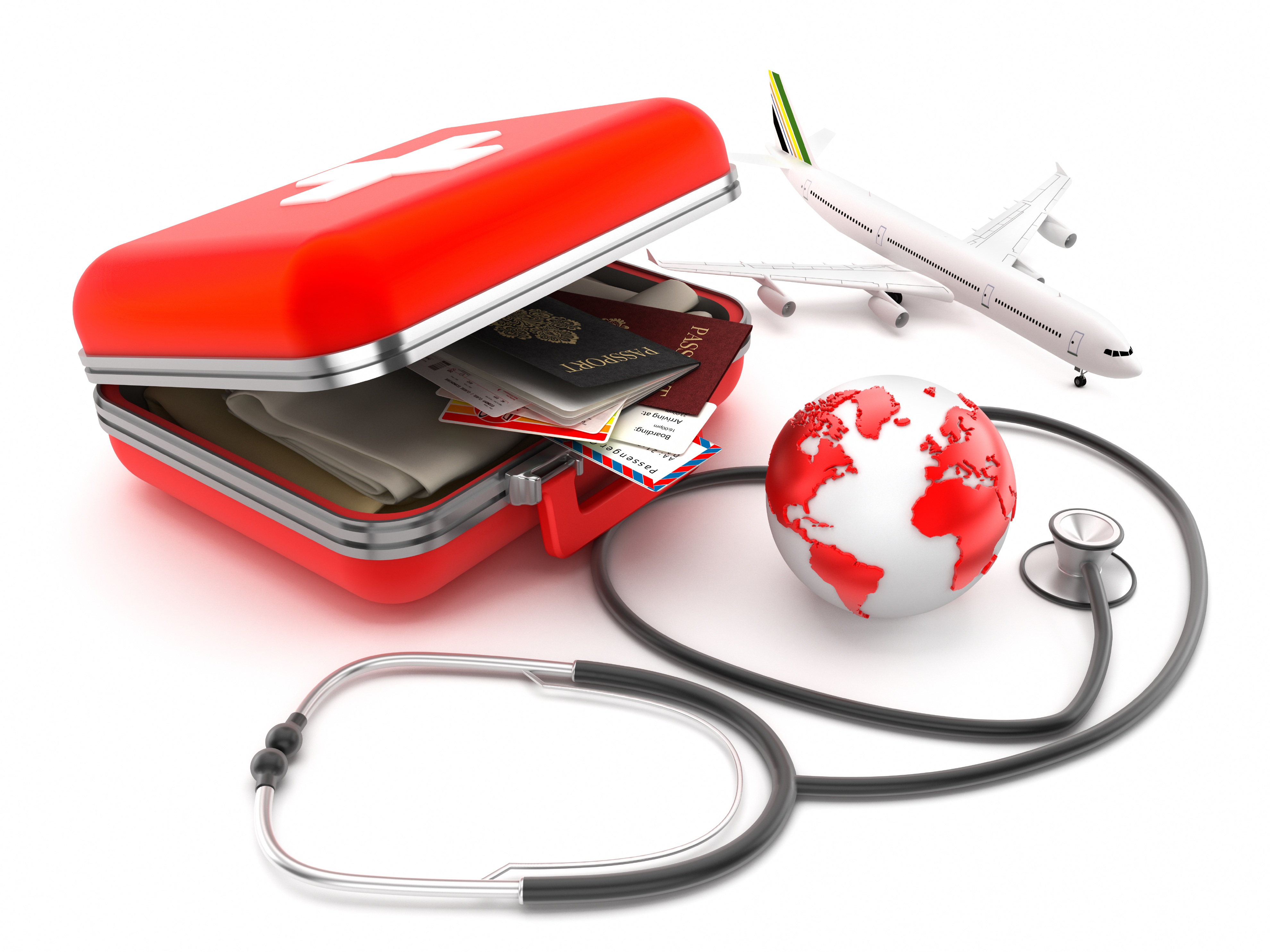Hong Kong Health Information
Worried about staying healthy on your trip to Hong Kong? Don’t be! This is one of the healthiest places in the world, although a lot of locals don’t even realize it themselves!
Maybe the most important bit of Hong Kong health information is to realise that this may be Asia, but it’s not the third world. The drinking water is fine and the food is properly prepared. This is among the top reasons why I keep saying that Hong Kong travel is much more convenient than many other places in Asia.
The medical system has first-rate facilities, run both privately and publically. In my experience the doctors have been very helpful and professional, and they speak English at a more than adequate level.
A basic consultation only costs a couple of hundred HKD, and typically includes a small battery of medicines. Naturally, more substantial treatment and hospitalization costs a lot more, so make sure that you’ve got insurance to cover it.
A word of caution
While I want to stress that Hong Kong is a very healthy place, it’s better to be safe than sorry. It’s not too uncommon to feel a bit queasy when travelling to Asia (anti-diarrhea medicine might be useful), but some of the diseases found in the region are quite severe.
In the unlikely event that you get symptoms of serious illness, such as vomiting, bloody coughing or bloody stool, please see a doctor sooner rather than later. Do not wait until you return home.
Furthermore, since Hong Kong gets a lot of visitors from all over the world as well as being fairly hot and crowded, it tends to get struck early by pandemics. If there is some new disease moving around the world, you may be interested in finding specific Hong Kong health information. The government is well aware of this and take strong actions to stop the spread of new illnesses.
Vaccinations
The recommended specific vaccines for Hong Kong are against
- Hepatitis A (can be contagious through food and water)
- Hepatitis B (contagious only through bodily fluids)
- Typhoid (especially in rural areas)
- Japanese encephalitis (contagious through mosquitoes in rural areas)
Many people in Western Europe and North America routinely get inoculated from childhood. If you have not, it is a good idea to get this protection regardless of your travel plans. These vaccines include the measles/mumps/rubella (MMR) and diphtheria/pertussis/tetanus (DPT) combos, as well as polio.
If you visit other parts of China, and particularly the countryside, more precautions are necessary.
Traditional Chinese Medicine
China is very proud of its long, rich history, including the teachings of traditional Chinese medicine (TCM). Many are offended by the idea that upstart Western medicine could do better. There are traditional practitioners all over Hong Kong, and I’m sure they would be happy to treat a traveller, but if you prefer to be treated with methods that are backed up by science, I wouldn’t recommend them.
But if you’re curious about Chinese culture, you could try some of the proactive medicaments sold in the apothecaries. Chinese medicine places a lot of emphasis on healthy living and being proactive to stop illnesses from striking in the first place.
Of course, all the real hospitals practice Western medicine.
One last thing
Here’s a tip that’s really useful when you’re travelling and walking around a lot, and even more so when you’re in a hot place like Hong Kong:
Remember to always drink plenty of water!

